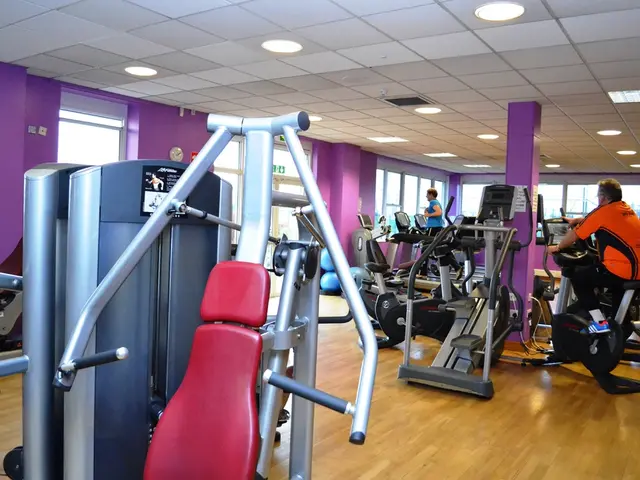Unwind Your Mind: Discovering the Best Relaxation Techniques for You
Strategies for Alleviating Anxiety and Tension
In the hustle and bustle of modern life, finding ways to relax is more crucial than ever. But tuning out stress requires more than slumping on a couch in front of the TV. You need to activate your body's natural relaxation response, a state that slows your heart rate, lowers your blood pressure, and balances your mind and body. Here are seven powerful techniques to help you unwind, with practical tips on how to get started.
1. Mindfulness Meditation
A popular yet timeless practice, mindfulness meditation involves focusing on the present moment to lower stress and anxiety.
- Getting started: Dedicate a few minutes each day to close your eyes, breathe deeply, and clear your mind of distracting thoughts.
- Benefits: Boosts emotional resilience, diminishes stress levels, and improves mental clarity[5].
2. Deep Breathing Exercises
Deep breathing can help trigger your body's relaxation response, decreasing anxiety and enhancing sleep quality.
- Getting started: Use the 4-7-8 method: Breathe in for 4 seconds, hold for 7 seconds, then exhale for 8 seconds. Repeat for 2-5 minutes.
- Benefits: Ease anxiety, improve sleep, and promote relaxation[3].
3. Progressive Muscle Relaxation (PMR)
PMR involves tensing and then releasing different muscle groups to relieve tension in the body.
- Getting started: Start with a specific body part (e.g., feet), tense the muscles for 10 seconds, then relax. Progress through different areas of the body.
- Benefits: Alleviate anxiety, boost sleep, lower blood pressure, and enhance overall well-being[3].
4. Physical Exercise
Regular physical activity reduces stress and uplifts your mood by releasing endorphins.
- Getting started: Find an activity you enjoy, like jogging, cycling, or walking, and make it a part of your daily routine.
- Benefits: Improve mood, boost energy, reduce stress levels, and promote relaxation[5].
5. Spending Time in Nature
Being in nature promotes feelings of calm and reduces stress levels.
- Getting started: Take a walk in a park or simply sit outside to enjoy the natural surroundings.
- Benefits: Improve mood, diminish stress levels, and foster relaxation.
6. Journaling and Gratitude Practice
Writing down thoughts and focusing on what you are grateful for helps process emotions and foster a positive outlook.
- Getting started: Set aside time each day to write in a journal or reflect on things you're grateful for.
- Benefits: Enhance mental health by minimizing stress and fostering a positive outlook.
7. Music and Sound Therapy
Instrumental music, nature sounds, or guided meditations can activate the relaxation response and help you unwind.
- Getting started: Choose a piece of music or sound that resonates with you, and play it while practicing relaxation techniques or engaging in other stress-relieving activities.
- Benefits: Soothe the nervous system, reduce stress levels, and promote relaxation.
Harness the power of these techniques to effectively manage stress and improve your overall health and well-being.
Science reveals that incorporating lifestyle changes, such as mindfulness meditation, deep breathing exercises, progressively relaxing muscle groups, engaging in physical exercise, spending time in nature, practicing gratitude journaling, and utilizing music and sound therapy, can significantly impact mental health, emotional resilience, and well-being, enhancing health-and-wellness and promoting a relaxed state.








